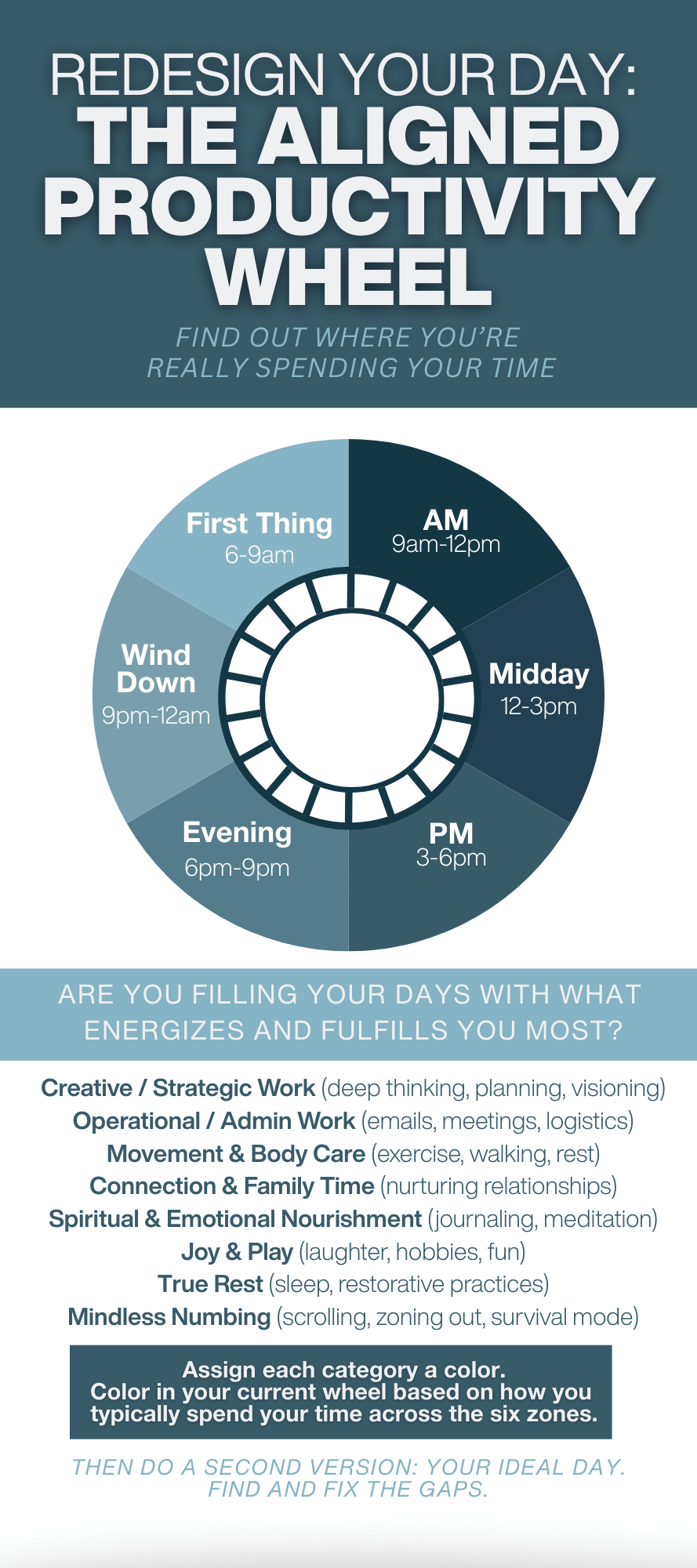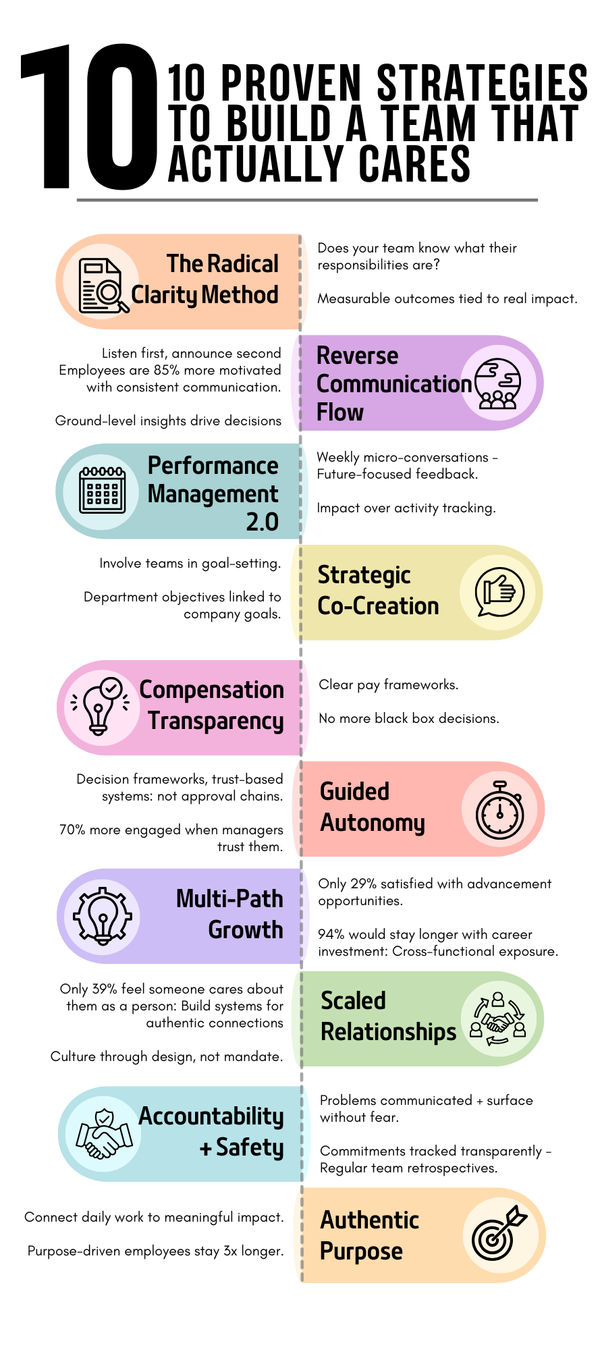
It's been a rough few years, and out of necessity, I've had to master how to stay motivated when dealing with personal issues.
In my case, my three-year madness included my husband going on a yearlong deployment, my mom's cancer diagnosis, three earth-shattering deaths (my mom, my dad, and our childhood dog), and relocating from San Diego to my parents' now-vacant home in Los Angeles.
All told, I took a total of two months off, and that's rounding up.
I share this not to boast -- I don't see measly bereavement time as anything to be proud of -- but to underscore the fact that I couldn't just fill out a slip and take company leave.
Not by a long shot. I had to pay big bills that couldn't wait. Work doesn't just stop when you lead others: my team was counting on me to organize events and produce a ton of creative content. All while allowing myself to grieve, taking care of dozens of accounts and bills and difficult phone calls, explaining the situation a hundred times, and still finding time to recharge.
It was hell. But I've come out of it a stronger, focused and more poised woman.
Looking back on this time, here are six insights that I hope will help you stay motivated as you ride life's roller coaster.
Focus on the Why.
Why do you do what you do?
Why do others count on you, and what do they count on you for? How do you inspire others?
Why are you alive?
I asked myself hundreds of variations on this question, always starting with why.
For me, this reflection uncovered a new perspective: I remove obstacles (whether they be mental, logistical or emotional) to achievement.
Friends trust me to share honest advice that helps them make tough decisions. The entrepreneurs I work with count on me to do simplify complexity in their organizations by keeping all the moving parts, pieces and people in order and on time -- freeing them to focus on the larger vision.
Once I mastered what others count on me for, I focused on being that person, but for myself.
Self Care.
For some reason, we all tend to put off taking care of ourselves, expending all our energy on taking care of others.
The basics apply -- eat well, get plenty of rest, exercise.
But sometimes it's also just stopping the workday at 2 p.m. because a happy childhood memory entered my mind, one I won't be able to replicate because everyone in that memory is dead, and now I'm crying and unfocused.
Sometimes it's moving all external meetings to one day a week, because I've noticed I have less energy to work with than before, and need more time to recharge as a result.
Sometimes it's unplugging every night and escaping into a favorite book, because that world is preferable to your current one.
Whatever self care means to you, listen to your body and give it what it needs.
Position Positive Effort as Catharsis.
Mindset drives action. Some mind games can actually help you.
One I played was that every positive effort I took -- whether it was a great workout or a focused burst of effort at work -- was a way to release some of the strong emotions I was feeling.
I don't know how you pump yourself up, but use whichever tone is most effective:
"Every rep/lap/workout is making me faster, better and stronger than I was before."
"I just kicked the shit out of that project! Nothing can stop me. Bring it on."
"This is not pain. It is power."
I used Canva.com to make all sorts of image macros, and began sharing affirmations on my business Facebook page.
Come up with affirmations that support positive action. Post them wherever you'll see them: on sticky notes around the house, on a whiteboard in your work area, or on the top margins of the pages in your notebook.
Repeat them and, importantly, believe them. Use them to help you take that first step forward, and then use them to continue that momentum. Marathons are completed step by individual step. Personal issues are no different.
Be the Best Possible You.
Right after my mom died, I felt immense rage. I wanted to go after everybody -- the nurses, the doctors, the hospital.
A friend and colleague, Dr. J, gave me advice that's always stuck with me: Find your highest self.
At first, I rebelled -- Screw that, somebody's gotta pay!
Then I listened. I started journaling again, and getting into shape.
And I stopped numbing my feelings. Mom deserved 100% of my energy in life, and she deserves it in death too.
After a year and change of effort, life settled into the "new normal."
And then my dad died, reopening old wounds and creating new ones. I thought again of Dr. J's words.
We decided to move into my childhood home, where both my parents had died. I committed to making it the best expression of us all.
After months of painting, clearing clutter, moving, digging, planting, reorganizing and restructuring, the house is coming together. And so are we.
Think about the best version of yourself: your happiest, most effective, fulfilled and healthy. What do you look like? What environment are you in? What activities are part of your regular routine?
Then start to act, dress and live like that person.
Play to Your Strengths
When you're going through personal issues, creativity and focus plummet. After my mom died, and then again after my dad died, I was, by my old standards, more unproductive than I'd ever been in my life.
In those dark days, I remember thinking: What if I'm never truly effective again? This whole career that I've built on being Ridiculously Efficient® will implode.
I got out of these negative thoughts by playing to my strengths -- by eliminating obstacles.
I thought about each of my colleagues and asked myself: "What's one thing I can do to remove an obstacle for him/her today?"
Sometimes the answer was right in my inbox. Other times, it would prompt a text or email from me: "Hey -- I've got a free moment. Can I help accelerate something you're working on?"
Sure, this often involved a deviation from my to-do list, but everybody wins, including the organization as a whole. I felt good by helping my teammates, and gained self-confidence by practicing a core competency. My teammate gained momentum in his or her workweek -- and usually enough momentum to reciprocate the offer for help later on.
Don't Try to Do It All
A project manager's biggest blind spot is that we are so excited by new activities and ideas that we're prone to overloading ourselves. The previous suggestion can also induce overwhelm if used recklessly.
To get around it, learn to identify what "100% capacity" means for you each day, and recognize that those levels may change dramatically on a daily basis when you're going through personal issues.
Once you master identifying your own upper threshold on daily activities, you can start shifting priorities, adjusting deadlines and saying "no" accordingly.
Be open with those who rely on you: teammates, clients, bosses. You don't need to divulge all the details -- but you should include enough detail to convey the severity of the situation and how it will affect your ability to produce your best work for them.
Conclusion
I recognize that there's no tried-and-true map to navigating personal issues -- every personality and situation is different. The steps above helped me navigate the most tumultuous period of my life. I hope one or two can help you, too.










Member discussion